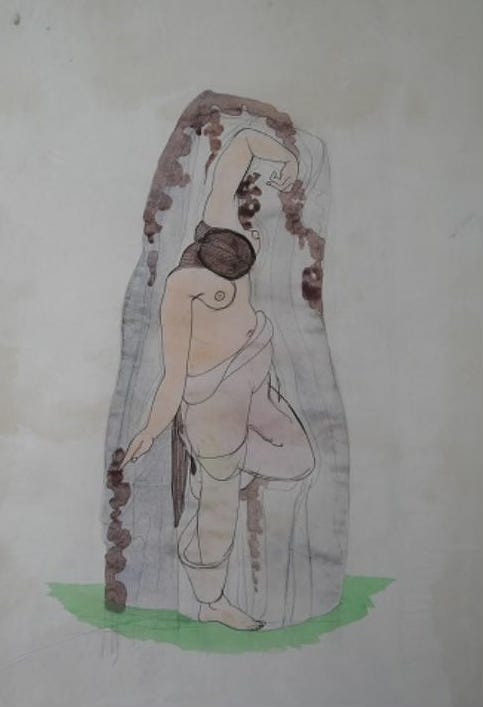Our Friends, The Dead
How might our ancestors live on in us? And what does it mean to carry their psychic DNA?
Keep reading with a 7-day free trial
Subscribe to Dreaming Awake to keep reading this post and get 7 days of free access to the full post archives.




